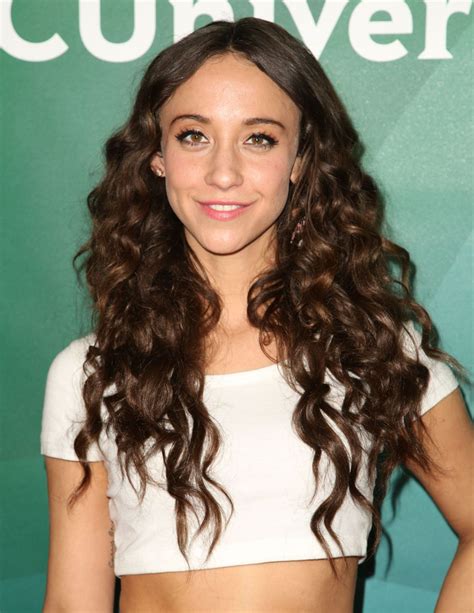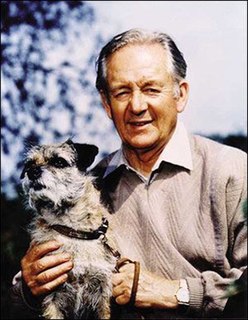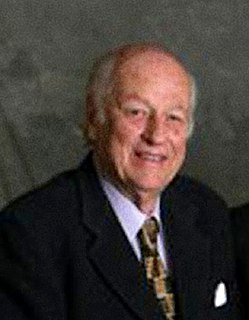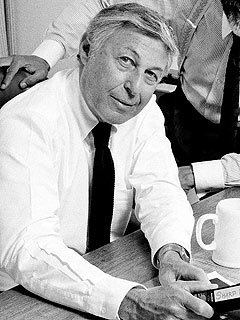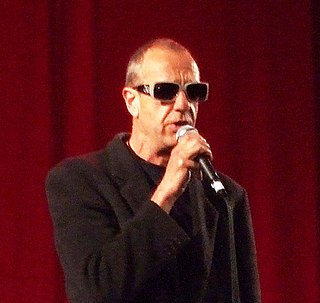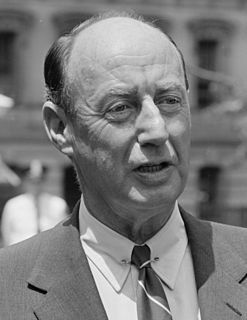A Quote by Bette Davis
There are new words now that excuse everybody. Give me the good old days of heroes and villains, the people you can bravo or hiss. There was a truth to them that all the slick credulity of today cannot touch.
Related Quotes
And there was that letter from the Bramleys—that really made me feel good. You don’t find people like the Bramleys now; radio, television and the motorcar have carried the outside world into the most isolated places so that the simple people you used to meet on the lonely farms are rapidly becoming like people anywhere else. There are still a few left, of course—old folk who cling to the ways of their fathers and when I come across any of them I like to make some excuse to sit down and talk with them and listen to the old Yorkshire words and expressions which have almost disappeared.
Today, they make films where you have to sit for an hour and a half and watch somebody in the process of dying and, for me, that's rather depressing. Films, in the good old days of the golden age of Hollywood, used to want to inspire people and give them uplift. You're paying good money to see a film, and you don't want to leave depressed!
It's a movie, OK? I went to see GONE WITH THE WIND, but did I really believe there was a guy named Rhett Butler who said, "Frankly, my dear, I don't give a damn"? No. Movies need heroes and villains, and real life doesn't usually have heroes and villains. Real life has a lot of shades of gray, and moves have black and white even when they're in color.
For the artist, the goal of the painting or musical composition is not to convey literal truth, but an aspect of a universal truth that if successful, will continue to move and to touch people even as contexts, societies and cultures change. For the scientist, the goal of a theory is to convey "truth for now"--to replace an old truth, while accepting that someday this theory, too, will be replaced by a new "truth," because that is the way science advances.
Today we are fighting Communism. Okay. If I'd been alive fifty years ago, the brand of Conservatism we have today would have been damn near called Communism and we should have been told to go and fight that. History is moving pretty quickly these days and the heroes and villains keep on changing parts.

